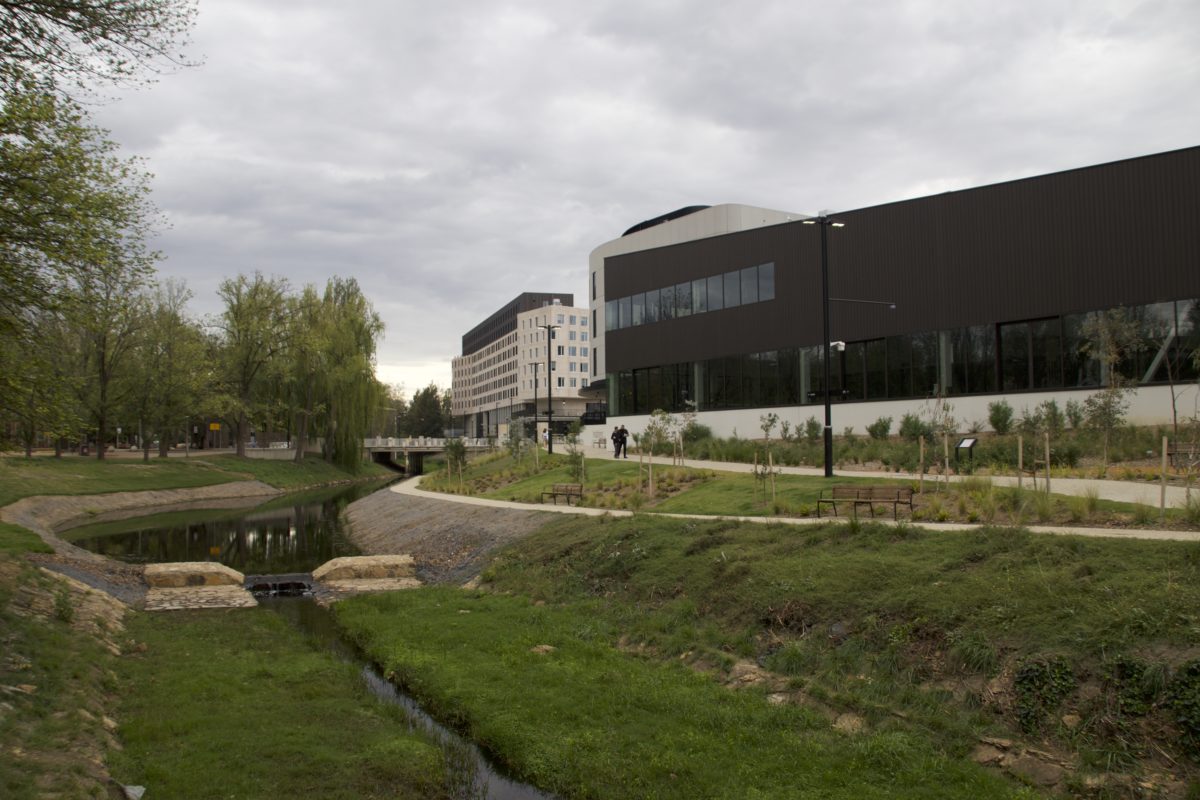Students’ qualitative and quantitative SELT Survey responses are moving from anonymous to confidential, beginning with a pilot program in 2021. According to the ANU, this means the University will be able to identify the individual behind a survey response under “specific circumstances”.
The value of student feedback is indisputable and, according to the ANU, is an integral mechanism for checking course development, academic development, and student fulfilment. This is because students provide a comprehensive, unique insight into how a course’s teaching staff educate and motivate. The University itself states that student feedback assists it in understanding what is performing well and where there is capacity for teachers to make amendments. Beyond this, the ANU’s construction of a culture of feedback indicates to students that the University is interested in hearing and putting into practice their perspective.
According to an ANU spokesperson, the implementation of this SELT Survey pilot program was prompted by a “long and in-depth consultation process”, consisting of discussions with relevant student representatives, in which it was indicated that a transfer to confidential responses is preferred.
When contacted by Woroni, an ANU spokesperson cited three reasons SELT Survey responses will change from anonymous to confidential. First, confidentiality will assist the University in supporting students’ “safety and wellbeing” by permitting the ANU to follow up with those who reveal they are possibly in harm and to make sure they receive the help and attention required. Second, the ANU believes implementation of confidentiality will allow for greater data analysis which, in turn, will allow the University to better put into effect student feedback. Third, this also means the ANU will be able to investigate and pursue any necessary action on “inappropriate comments, for example, abusive comments” that violate the Student Code of Conduct.
However, the primary benefit of anonymity is the removal of the power dynamic that exists between the student providers of feedback and the receiving teaching staff of harsher feedback. Anonymous feedback channels afford students the chance to provide feedback that is sincerely honest, constructive, helpful, and as unbiased as possible. As such, when approached by Woroni with questions regarding any potential measures being taken to ensure students still feel safe to respond with honest feedback without any risk of potential grading reprimand, an ANU spokesperson advised that SELT Survey responses will remain to be delivered to the applicable teaching staff, their manager and the college, and the University executive. Those same ANU staff members will not be permitted to pinpoint the identity of specific commenters from their SELT Survey response.
According to this ANU spokesperson, if a student’s identity must be determined, authorisation will be requested from the Deputy Vice-Chancellor Academic, and with this approval, a “small number of trained professionals” will be in charge of “redacting comments and/or tracing students who made the comments”, and that the ANU “would never publicly release or publish a student’s confidential SELT response”.
Nevertheless, the ANU warns that it is conceivable for teaching staff to be able to recognise students’ identities via the specific feedback that they supply, or because of small class sizes. However, the ANU’s SELT Survey Policy and Procedure require that staff “act ethically” with student feedback, and that if students have any worries about conduct of staff, this should be conversed with the University’s Dean of Students at dean.students@anu.edu.au.
We acknowledge the Ngunnawal and Ngambri people, who are the Traditional Custodians of the land on which Woroni, Woroni Radio and Woroni TV are created, edited, published, printed and distributed. We pay our respects to Elders past and present. We acknowledge that the name Woroni was taken from the Wadi Wadi Nation without permission, and we are striving to do better for future reconciliation.
